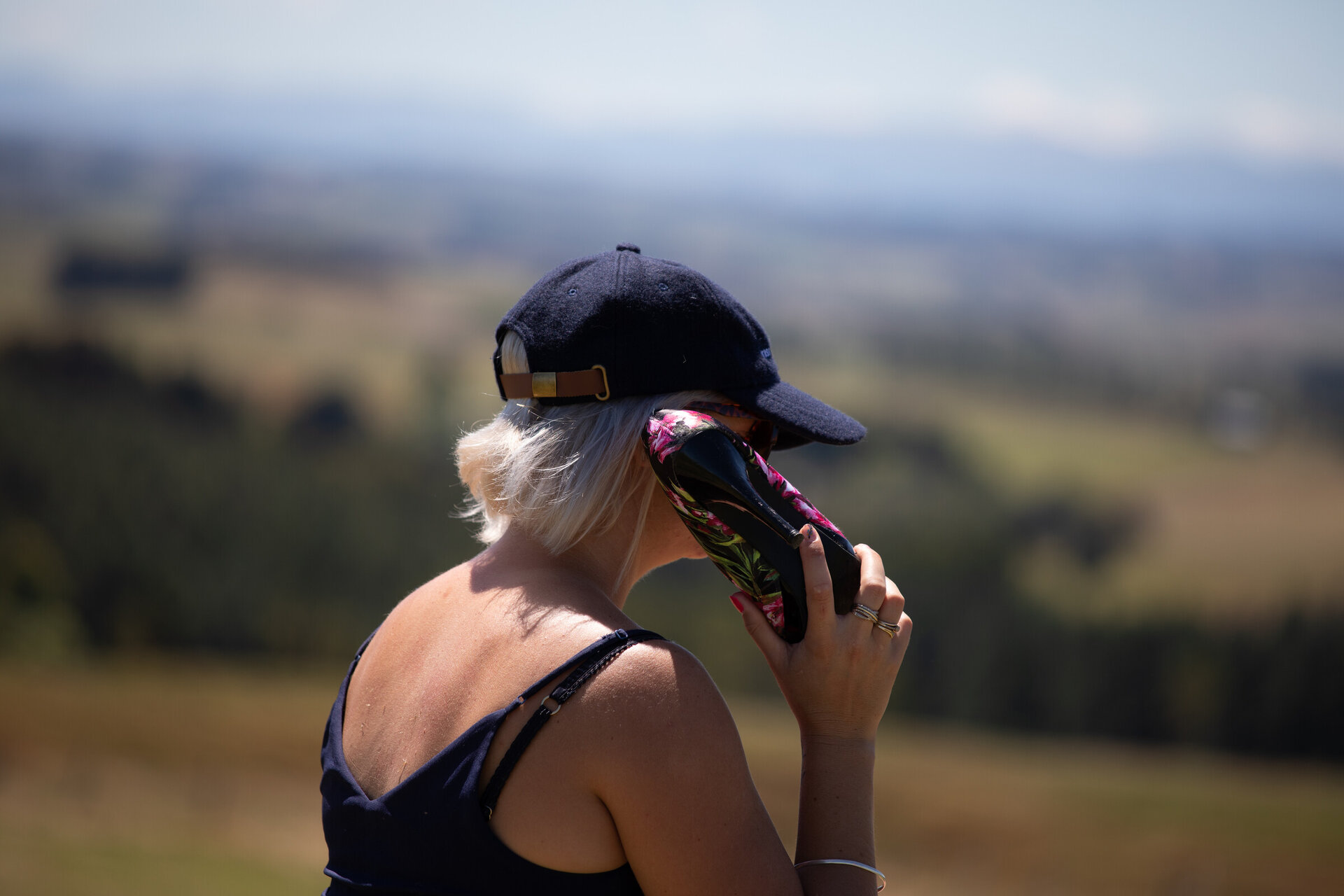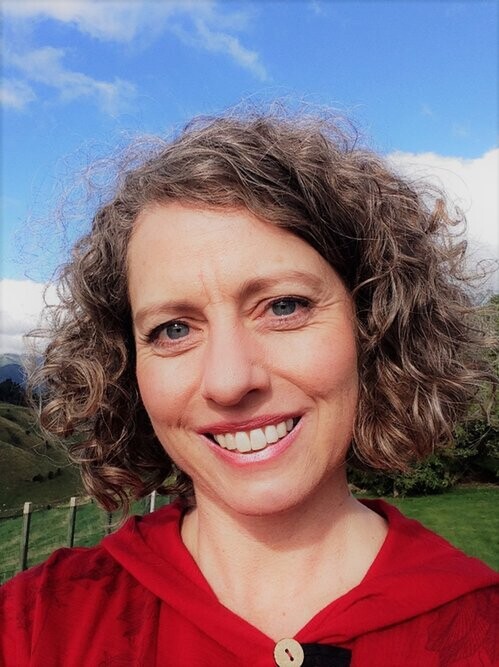Historically, New Zealand has been built on strong rural communities, and country living has occurred around a well-founded community hub. Over the last 50 years, countless changes have seen dramatic depopulation of rural areas, a decrease in services provided, and a marked change in the makeup of people in our rural communities.
Rural communities of the past were seen as synonymous with farming communities. The social networks worked to support farming families and events were often calendared around the farming lifestyle. Today's communities are made up of a diverse mix of people. Some farming and some attracted to the lifestyle or affordable housing. Some permanent residents and some who don’t stay for long. Despite the differences, the value of community remains the same.
Last year as part of the Kellogg Rural Leadership Programme, I spent time researching “What makes a strong rural community?” My study looked at three local communities in the northern Manawatu and it was supported by a wide review of literature on the topic.
I went into the study expecting to find that infrastructure and services are required for a community to be strong. However as I got into my research I saw a definite trend becoming clear, one that was quite different to my expectations.
When questioned about the strength of their community, all participants talked in some form about whether the community was able to meet the needs of individuals. They talked about being part of something bigger than themselves and of belonging. Those who scored their community poorly, described unmet needs, loneliness, feeling invisible, uncared for. They also described a sense of division and lack of cohesion, along with a lack of leadership and direction.
Where the needs of individuals were met and the principle of caring for others was actioned, people felt that theirs was strong community regardless of how large the community was or what services were available.
Current research confirms that our individual health and well-being is intricately tied to the health of our communities and our interactions with others. Numerous studies have shown that as our social connectedness or sense of community diminishes so does our individual wellbeing. This is pretty huge when you consider the issues facing rural New Zealand today.
Through my research I also found that there is a need for local government to be actively supporting our rural communities and was thrilled to find that rural Manawatu is well connected.
The Manawatu District Council has a fantastic system in place for supporting, empowering and facilitating growth in our communities. Through the MDC we have 15 Community Committees in the Manawatu District. These consist of community elected members and are each supported by a Liaison Councillor from the council. Meetings are regularly attended by our Mayor Helen Worboys and council Chief Executive Richard Templar.
The purpose of this system is to support each of the districts communities and generate local solutions that will deliver economic, social, ecological and cultural wellbeing. Until I started my research I was unaware just how vital the Community Committees are and how valuable this link between our communities and the Manawatu District Council is.
A healthy strong community has passionate leadership and a strong support team- where team members volunteer, collaborate, network and assist one another. The strong community has access to resources, is innovative and forward thinking. The following four points are what I see as key to achieving strong rural communities across New Zealand.
1-BUILD QUALITY LEADERSHIP
Build local leadership skills and recognise importance of leaders with a future focus and skills in governance and strategic planning. Ensure that community leadership and vision is visible and accessible to all.
2-CREATE CONSCIOUS COMMUNITY
Strive to cultivate community that is open minded, inclusive, engaged, and forward thinking. Encourage awareness of community needs and flexibility in thinking when addressing these needs.
3-DEVELOP COMMUNITY
Support communities to actively improve their own social, economic and environmental situation. Engage with local government to ensure that community development is resourced and sustainable.
4-ENCOURAGE COLLABORATION
Empower communities to engage and collaborate with other local communities. Share knowledge, ideas, problem solving, community event planning; draw on others knowledge and expertise.
The potential for strong rural communities is still there. The community of today does indeed look different from the community of the past. However, the diversity and differences should be seen as assets as much as challenges. The inclusion of people, with different attitudes, values, and skill sets can be a building block for the foundation of the new look rural community.
We already know that a strong community is a resilient community, able to cope with what life throws at it. I would challenge us to see building and maintaining strong rural communities as the key to meeting individual’s needs and working to break the negative trend of increasing mental health and social issues in rural New Zealand.
Katherine Gillespie farms with her husband Lance in the northern Manawatu. Their dairy farm is one of New Zealand's highest, and sits at 680metres above sea level. They are blessed with amazing views and unique challenges.
Katherine has a passion to see New Zealand's rural communities grow in strength. She is involved in her local community and enjoys seeing people thriving in their rural community.
Table Flat Farmstay keeps Katherine busy and she enjoys showing off their beautiful farm and the district.



